Recent
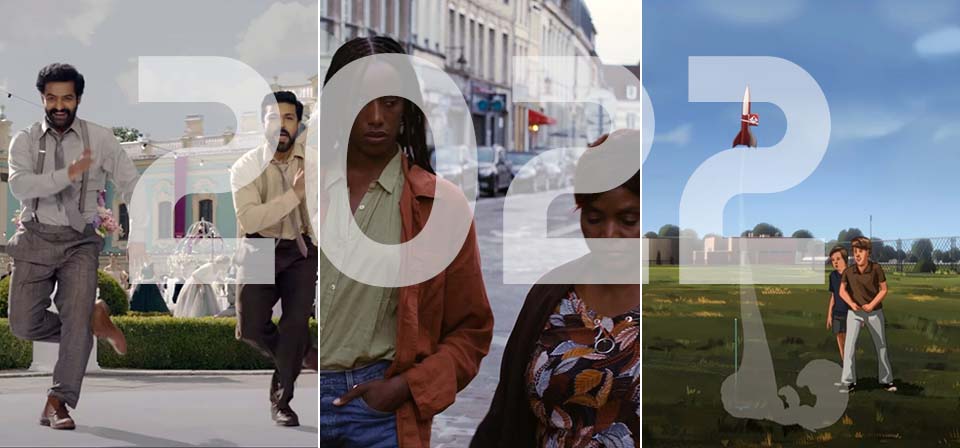
2022: The year in reviews
The movie year 2022 was a year of memory and identity, with one film after another exploring how memory both gives us access to our past, to our roots, and also distorts and obscures the past.
Avatar: The Way of Water is everything James Cameron wants movies to be
“A glorified South America” was one of the odder dismissive takes on Pandora, the alien world of the Na’vi in James Cameron’s Avatar, that I heard when the movie was in theaters. After all, who in their right mind wouldn’t want to see a glorified South America?
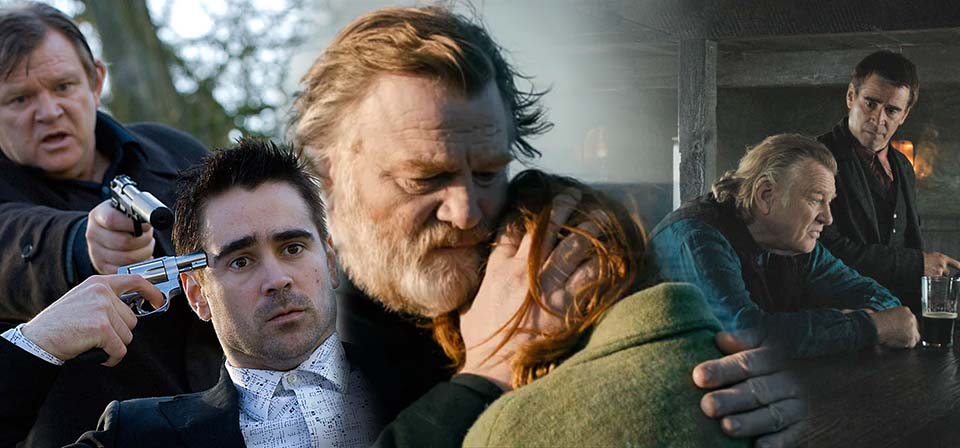
The Gospel According to the McDonaghs: The Banshees of Inisherin, Calvary, and In Bruges
It’s tempting to view Calvary alongside Banshees and Bruges as a sort of unintentional McDonagh brothers trilogy: a “lapsed Catholic” trilogy, or, a bit more accurately, a “bad Catholics” trilogy, since most or all of the characters in Banshees and many of the characters in Calvary are at least minimally practicing.
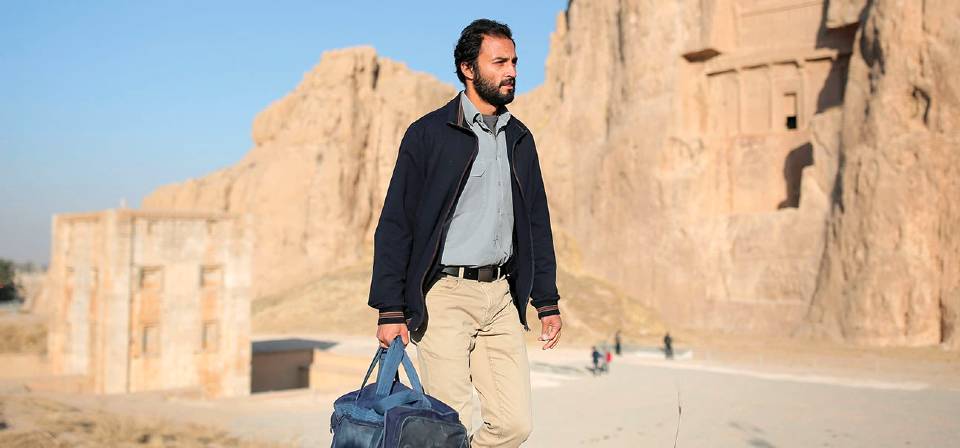
Asghar Farhadi’s masterful A Hero: A decent man does the right thing, more or less
One of the things that makes Iranian filmmaker Asghar Farhadi (A Separation) such a riveting storyteller is how persuasively he imagines sympathetic characters who are more or less trying to do the right thing finding the consequences of that “more or less,” that small bit of wiggle room, compounding and spiraling out of control in unforeseen directions.
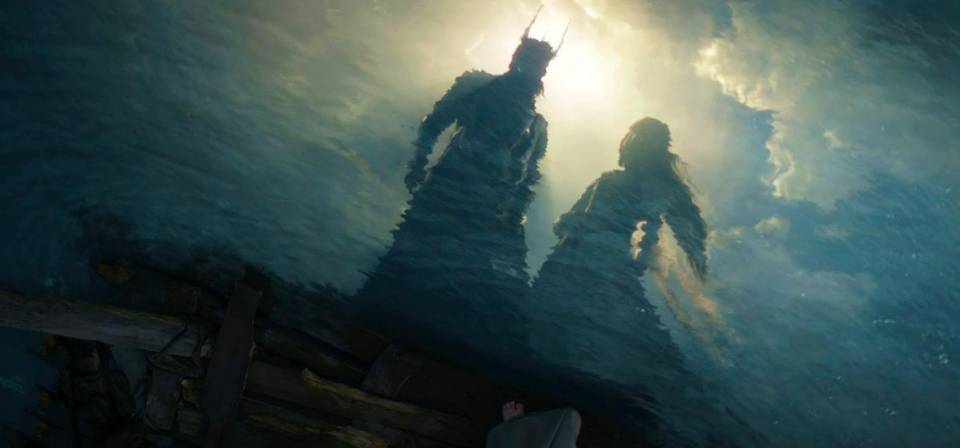
The Rings of Power at the end of season 1
Season 1 ended for me closer to the quiet end of the whimper-bang spectrum than I had hoped. Yet the highs of the season’s second half offer ongoing reason for sustained interest.

The Rings of Power: Season 1 at the halfway mark
Four episodes in, the lavish Amazon Prime series is delivering on at least some of its promise, but there’s room for improvement.
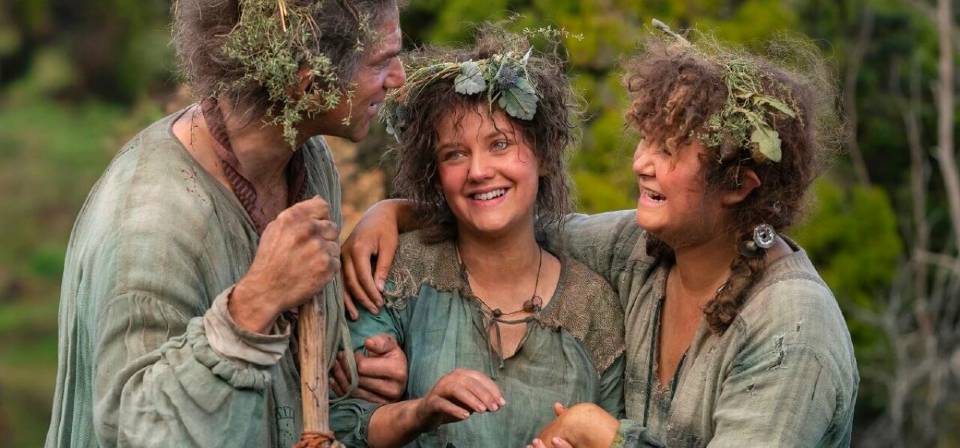
A new foray into Middle-Earth: The Rings of Power
A Game of Thrones–ification of Tolkien? More Hobbit trilogy excess? Though not without missteps, Amazon’s ambitious Lord of the Rings prequel series gets off to a fairly promising start.

Too good not to be true: Two movies about the Thailand cave rescue
Perhaps you were glued to the news in 2018 as the world followed the ultimately successful efforts in Thailand to rescue the 12 young boys of a soccer team and their assistant coach from the Tham Luang Nang Non cave who had become trapped by sudden flooding. If you haven’t checked in on the story since then, though, you have no idea.

Love and thunder, signifying nothing? Religion and nihilism in recent Marvel movies
Recent installments in the Marvel Cinematic Universe exacerbate the tension between the franchise’s humanistic ethos and its nihilistic cosmos. Is there still room for God in this universe?
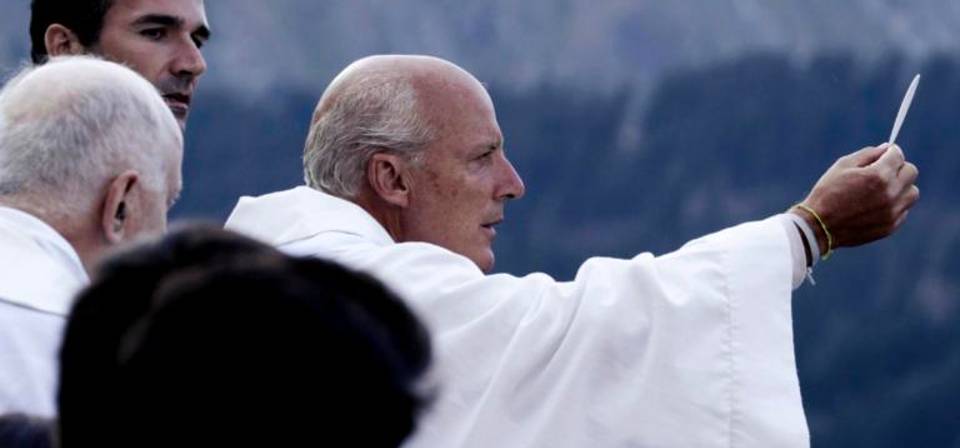
Vivo/Alive: A documentary about Eucharistic adoration returns to theaters for one day only
Vivo remains focused on the experiences of its subjects and their spirituality. It’s not a catechetical or apologetical presentation, but a portrait of five souls and a document, perhaps, of the workings of grace. Vivo is alive.

Why is there no religion in The Lord of the Rings?
If The Lord of the Rings is “fundamentally religious and Catholic,” why are there no religious institutions or rituals?

Lightyear is an anti–space opera for an anti-heroic age
It pains me to say this: If Lightyear is Andy’s Star Wars, what an impoverished childhood Andy had.
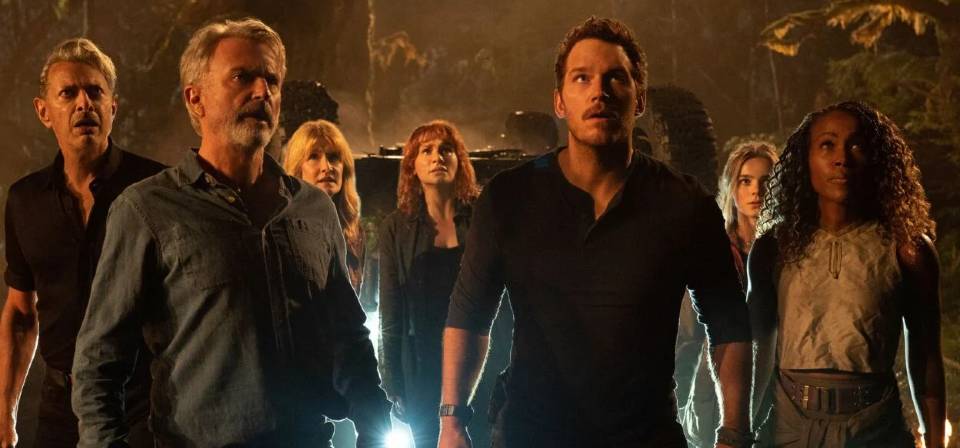
Jurassic World Dominion (2022)
The word “dominion” is uttered once in Jurassic World Dominion, in an oblique, irreverent allusion to Genesis 1. “Not only do we lack dominion over nature, we are subordinate to it,” asserts Dr. Ian Malcolm (Jeff Goldblum) in one of his trademark, smugly iconoclastic epigrams. Later in the same speech, though, Malcolm turns with surprising optimism to the power of genetic science to shape the future. Does he really believe this? Is this speech coherent? Is the film itself coherent?

Top Gun: Maverick (2022)
Top Gun: Maverick is more than a nostalgia sequel or legacyquel; it is almost more than a movie. It is a manifesto and a monument, a defiant time capsule and a swaggering IMAX spectacle without precedent or peer.
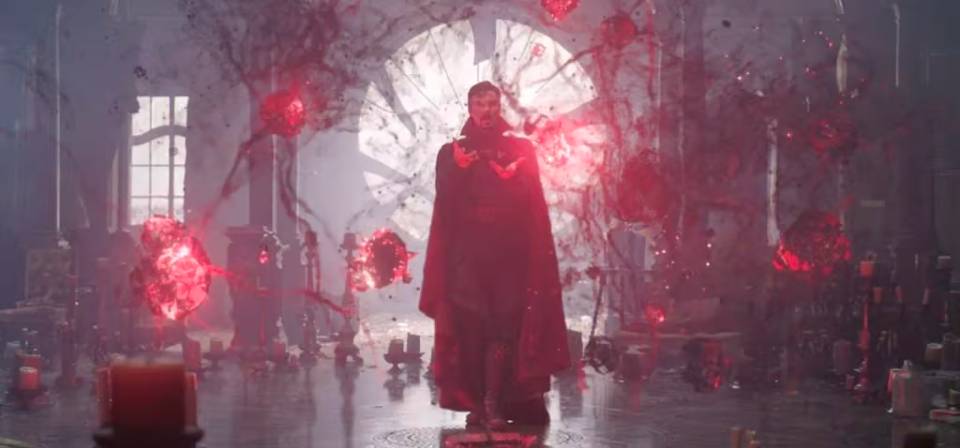
Doctor Strange in the Multiverse of Madness (2022)
I’m thinking of a moment in the original movie in which Stephen looks skeptically at a deeply corrupted individual nattering about the greater good and retorts, “No. I mean, come on — look at your face.” Nobody says that in the sequel, but they should.

Trying to reach the sublime: Robert Eggers, cinematic poet of the past
In the Viking epic The Northman, the arthouse horror auteur behind The Witch and The Lighthouse takes on his most ambitious challenge to date.

Petite Maman: A quietly powerful fairytale about childhood, loss, and ties that bind
For a child, losing a grandparent can be part of growing up, a coming-of-age experience; losing a parent for an adult can be an encounter with childhood, especially if it involves going through the contents of the household they grew up in, the actual stuff of their childhood.
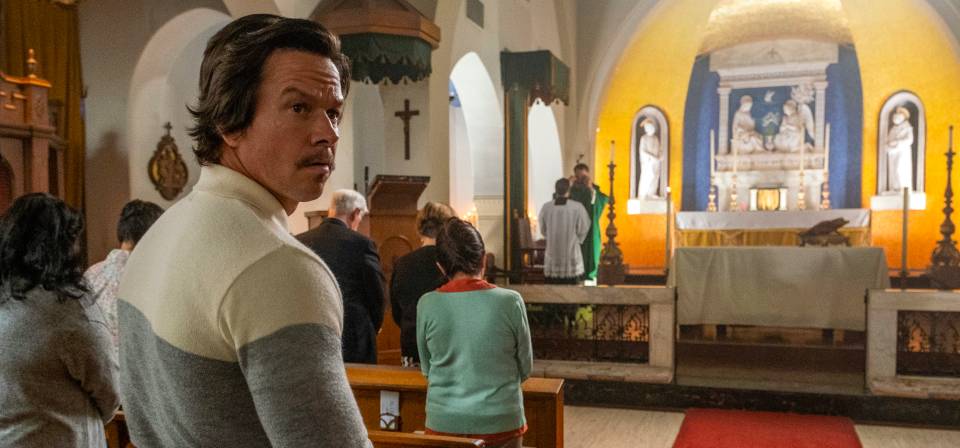
Father Stu is a mostly endearing, shaggy redemption story
Based on the unlikely true story of an amateur boxer turned priest who died of a rare degenerative disease, Father Stu leans on Wahlberg’s mischievous charm and buoyant aura of invincibility, with hints of something darker and more fragile beneath the surface.

“Everything happens for a reason”: Mark Wahlberg and Teresa Ruiz on Father Stu
I recently spoke with Mark Wahlberg and Teresa Ruiz via Zoom about making the film and what it meant to them.
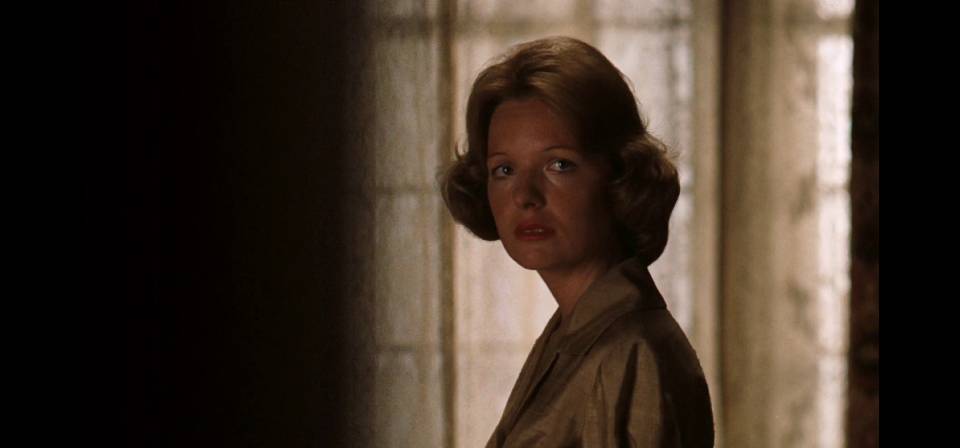
The Godfather’s two endings: Lighting a candle and the wrong side of the door
Now half a century old, Francis Ford Coppola’s revered New Hollywood masterpiece has one of the best-known final shots in film history — but it almost had a much more Catholic ending.
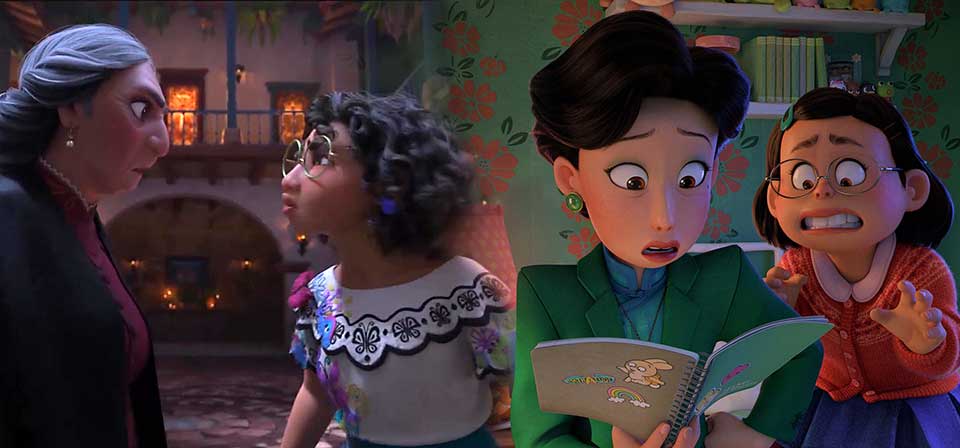
Mother knows best: Turning Red, Encanto, and Disney/Pixar’s new overbearing moms
The familiar animation trope of the domineering dad and the (sometimes) supportive mom gets an update in recent films from the Mouse House.
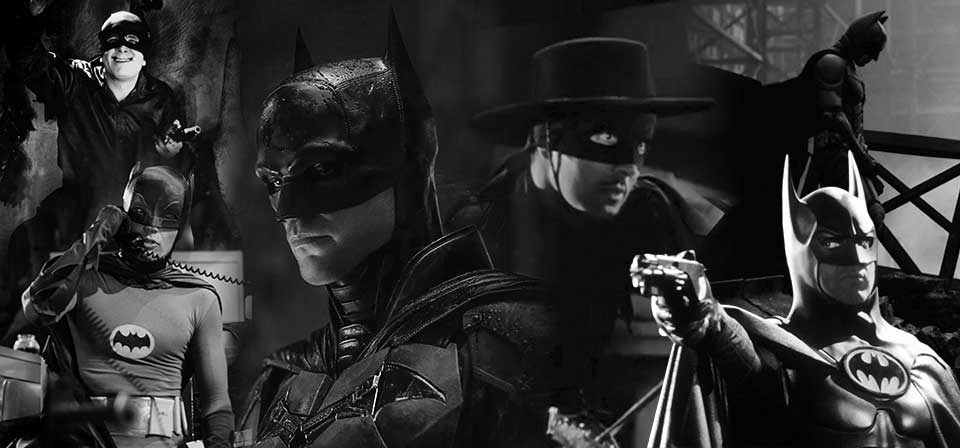
Caped crusaders and the common good
Questions around how what people need and deserve and how they should be governed are of course recurring themes in the saga of Zorro’s more famous heir, Batman … We don’t look to superhero movies to answer these questions for us, but their varying answers tell us something about ourselves and the times in which they were made.

Cyrano (2021)
Dinklage swaggers and glowers magnificently and sings decently, but he’s at his best in quiet, intimate moments, especially with Roxanne and with his confidante Le Bret, the only one who sees his pain.
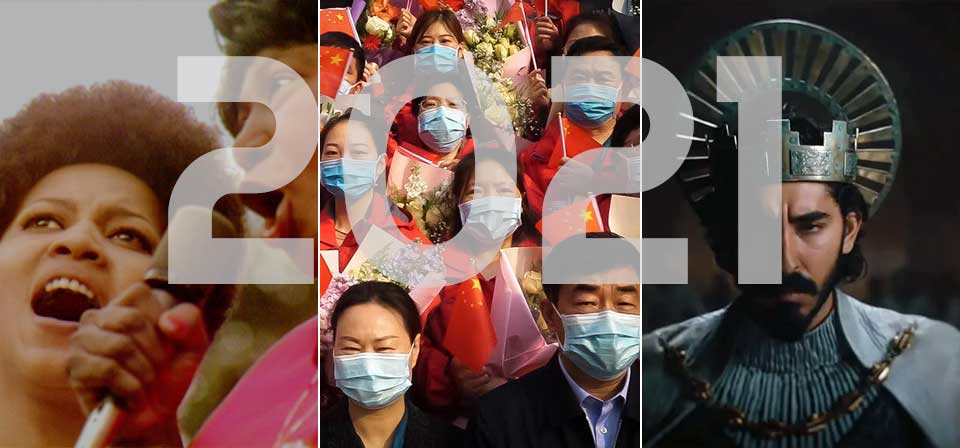
2021: The year in reviews
What kind of year was it for movies? I’ve heard some folks complain that 2021 wasn’t a great movie year, but I’ve come to the point where I believe there are no good or bad movie years, just years in which people have or haven’t watched enough movies.
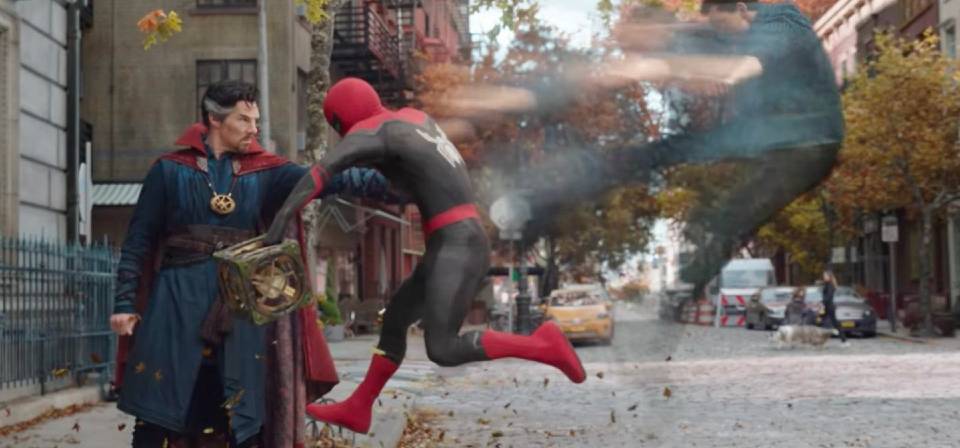
Spider-Man: No Way Home (2021)
Not so long ago, a movie like John Watts’ Spider-Man: No Way Home would definitely have prompted me to open my review by dubbing it, if not the best Spider-Man movie ever, at any rate the most Spider-Man movie ever.
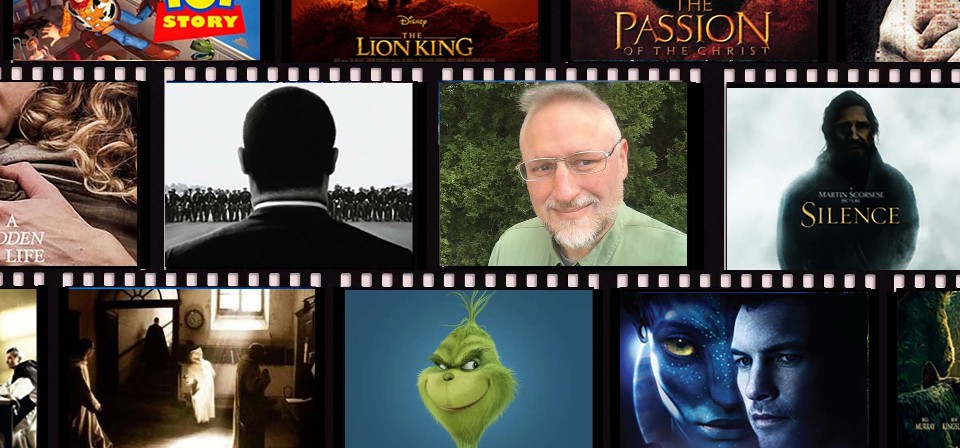
SDG says farewell to the National Catholic Register
I have, as I suppose most anyone would, complex, mixed feelings about leaving an institution that’s been such a big part of my life for so long a time, but I have no regrets regarding my decisions nor doubts about how God is leading me.
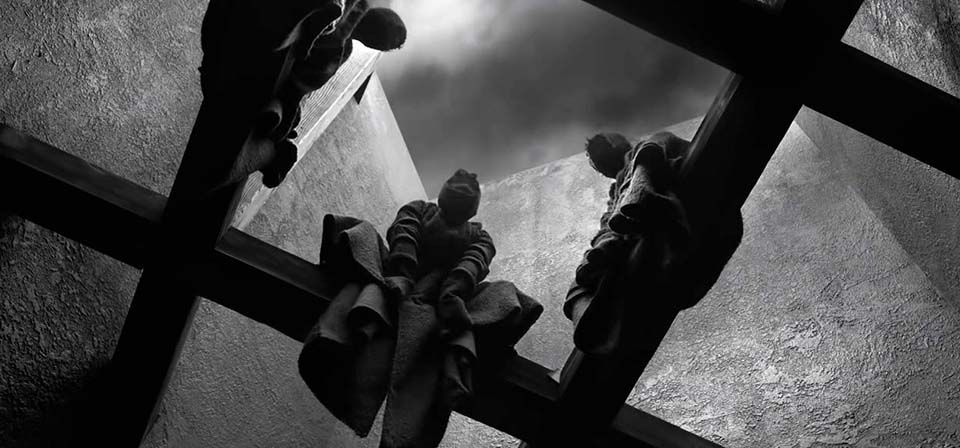
The Tragedy of Macbeth (2021)
Fog and mist, translucent pavilion sidewalls, blowing curtains, dark water, shadows, reflections: the film is full of motifs evoking the murkiness in which Macbeth’s last days play out.

King Richard (2021)
As rousing sports films and inspirational biopics go, while King Richard is far from a pitiless, warts-and-all inquiry, it has a particular kind of truthfulness, analogous to the truthfulness of a family scrapbook or stories recounted at family reunions.

Dune: Part One (2021)
Watching Dune drove home to me the extent to which no one in 2021 can really go into an adaptation of Dune completely cold.
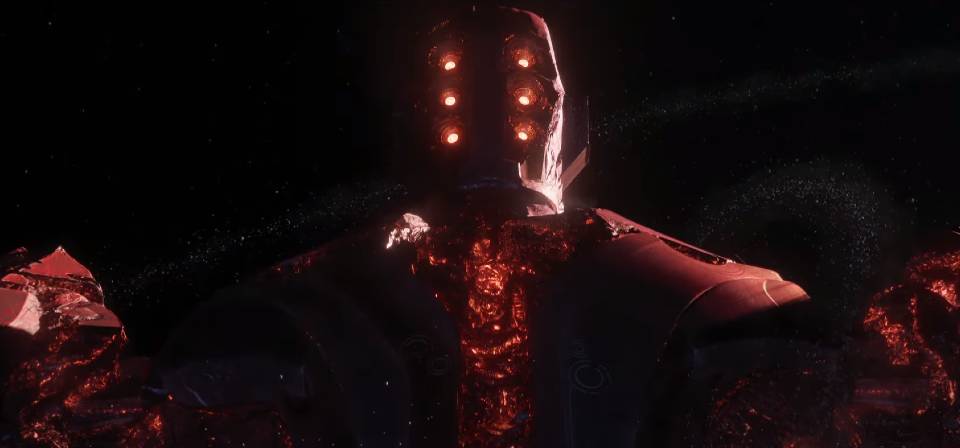
Marvel’s Eternal problem: The Man, the Powers that Be, and God
Incarnations of The Man vary from one MCU movie to another in terms of how sympathetic or compromised he is. Always, though, The Man has damaging secrets, misrepresents his true intentions, and can’t be trusted, at least not completely.
Recent
- Benoit Blanc goes to church: Mysteries and faith in Wake Up Dead Man
- Are there too many Jesus movies?
- Antidote to the digital revolution: Carlo Acutis: Roadmap to Reality
- “Not I, But God”: Interview with Carlo Acutis: Roadmap to Reality director Tim Moriarty
- Gunn’s Superman is silly and sincere, and that’s good. It could be smarter.
Home Video
Copyright © 2000– Steven D. Greydanus. All rights reserved.